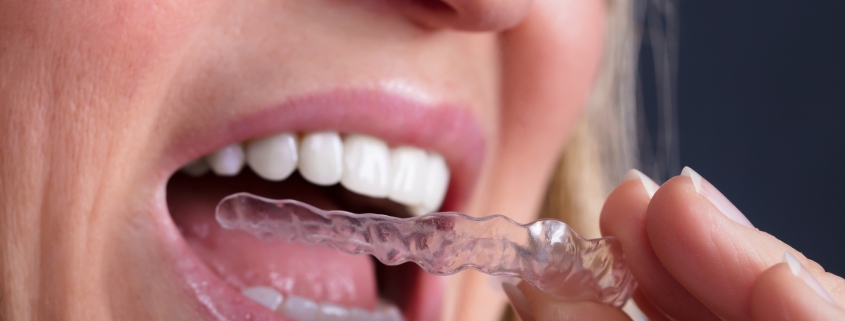The Importance of Night Guards for Protecting Your Teeth
Many people grind or clench their teeth while they sleep, a condition known as bruxism. Over time, this can lead to a range of dental problems, from tooth wear and fractures to jaw pain and headaches. One of the most effective ways to protect your teeth from the damaging effects of bruxism is by wearing a night guard. This article explores the importance of night guards, how they work, and why they are essential for maintaining long-term dental health.
1. Understanding Bruxism and Its Impact
Bruxism is a condition characterized by the grinding or clenching of teeth, usually during sleep. While the exact causes of bruxism are not always clear, it can be triggered by stress, anxiety, sleep disorders, misaligned teeth, or certain medications.
Here’s how bruxism can impact your dental health:
Tooth Wear and Damage: Grinding your teeth can wear down the enamel, the hard outer layer of your teeth, leading to increased sensitivity, tooth fractures, and even tooth loss in severe cases.
Jaw Pain and TMJ Disorders: The excessive pressure exerted on the jaw muscles and joints during teeth grinding can cause pain and lead to temporomandibular joint (TMJ) disorders. TMJ disorders can result in chronic pain, difficulty chewing, and clicking or popping sounds in the jaw.
Headaches and Earaches: The tension created by bruxism can lead to headaches, especially in the temples, and earaches due to the close proximity of the jaw joints to the ears.
Gum Recession: Chronic teeth grinding can contribute to gum recession, which can expose the roots of the teeth and increase the risk of gum disease and tooth loss.
2. What Is a Night Guard?
A night guard, also known as a dental guard, occlusal guard, or bite splint, is a protective device worn over the teeth while you sleep. It acts as a barrier between the upper and lower teeth, preventing them from grinding against each other.
Night guards come in different types and materials:
Custom-Made Night Guards: These are created by a dentist to fit your mouth perfectly. Custom-made night guards are the most effective and comfortable option, as they are tailored to your bite and provide optimal protection.
Boil-and-Bite Night Guards: These over-the-counter guards are made from thermoplastic material. They are softened in hot water and then molded to your teeth by biting down. While more affordable than custom-made guards, they may not fit as comfortably or provide as much protection.
Stock Night Guards: These are pre-formed and ready to wear. They are the least expensive option but are often bulky and may not fit well, which can make them uncomfortable and less effective.
3. The Benefits of Wearing a Night Guard
Wearing a night guard offers several important benefits that can protect your teeth and improve your overall oral health:
Prevents Tooth Damage: By creating a physical barrier between your teeth, a night guard helps prevent the enamel from wearing down due to grinding. This reduces the risk of tooth fractures, chipping, and other forms of damage.
Reduces Jaw Pain and TMJ Disorders: Night guards help alleviate the pressure on the jaw muscles and joints caused by clenching. This can reduce jaw pain and prevent the development or worsening of TMJ disorders.
Minimizes Headaches and Facial Pain: By preventing bruxism, night guards can reduce the muscle tension that leads to headaches, especially those that occur in the morning after a night of grinding.

